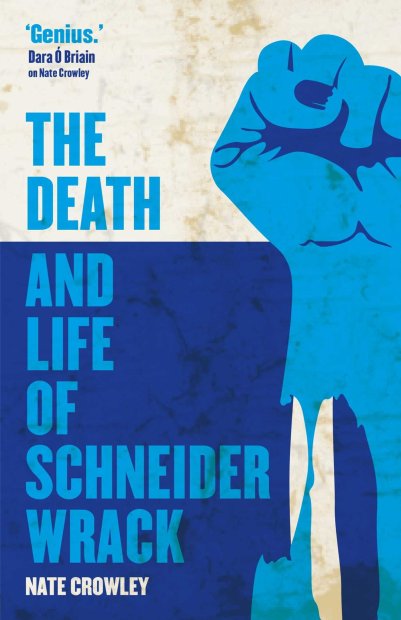In Uncanny magazine, Ada Palmer and Jo Walton write about “the protagonist problem“. In stories, who has “the power to save the day, make the difference, solve the problem, and change everything?” Who possesses that quality which makes them the one to lead the action, to advance the plot?
“Think of the formula for an action team,” they write. “There might be five characters: the smart one, the strong one, the kid, the love-interest, and…the protagonist, whose distinguishing feature may be described as courage, or a pure heart, or determination, but really comes down to writing, that they’re the one who always lands the final blow.”
(One of the ways we know that Mad Max: Fury Road is the story of Charlize Theron’s Furiosa is that she is the one to kill the principal villain. Max, imprisoned as the start of the film as a “blood bag” for his valuable universal donor’s Type O blood, serves the same purpose at the film’s end, when his transfusion prevents Furiosa’s hard-won victory from costing her life).

Palmer and Walton argue that it’s “harmful when people see themselves as not protagonists, and differently harmful when people see themselves as protagonists.”
If we feel that we are not protagonists in a world which has them, we may experience
imposter syndrome, feelings of powerlessness, inaction, cynicism, and despair. It leads to the belief that if you personally don’t resemble a protagonist (if you falter, have undramatic setbacks, mundane problems, job hunting, laundry, rent) then you can’t be one of the special few whose actions matter.
This feeling also causes us, Palmer and Walton argue, to believe that mundane activities such as grassroots organising and even voting lack the power to truly change things, as they do not seem “heroic”. To believe real life has protagonists is to succumb to talk of heroes and villains, the conspiracy theorist’s belief that some secret plan underpins the state of the world, and the notion that acting like a character in a book, film, or videogame is the right way to address the world’s problems.
For those who not only accept that there are real-life protagonists, but believe themselves to be cast in that role, the consequences can be even more troubling: “recklessness, power trips, and […] the expectation that breaking rules is okay so long as it’s you.” Palmer and Walton give the example of people who were not COVID deniers yet felt that their gathering wouldn’t be the one to cause a problem; the rules didn’t apply to them.
Read more

